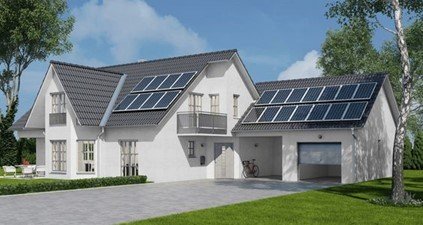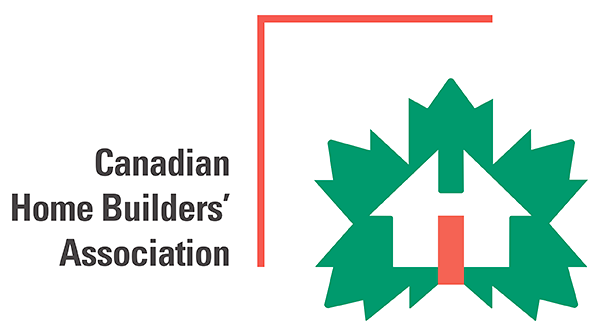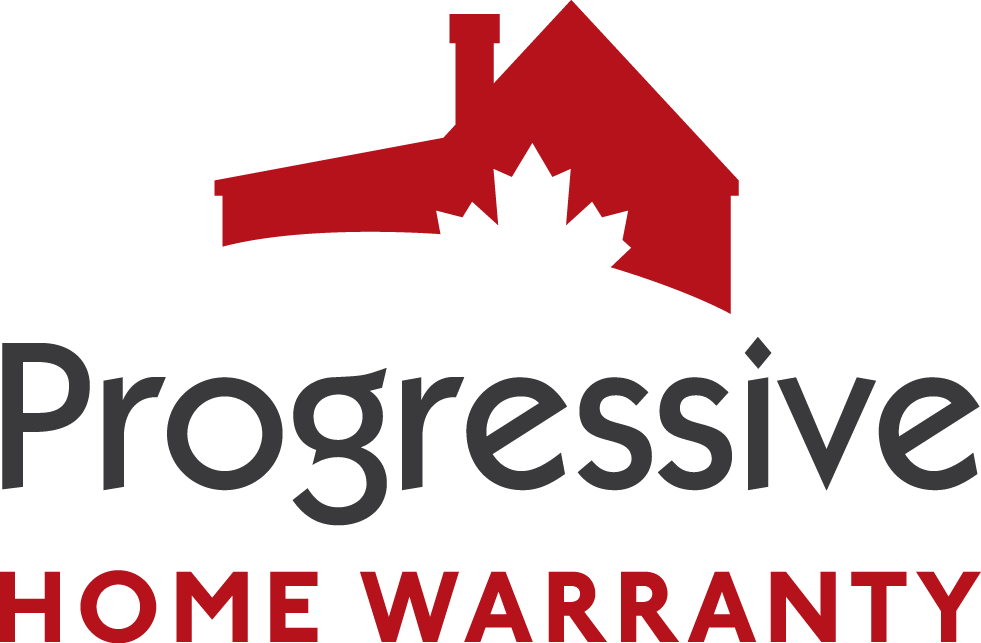As energy costs rise and the need for sustainability grows, energy-efficient homes have become a valuable asset for homeowners seeking both environmental benefits and financial savings. New homes are increasingly built with advanced technology, materials, and design that reduce energy consumption and costs. Here’s how energy-efficient features in new homes can save you money and contribute to a greener future.
Lower Monthly Utility Bills
- Efficient Heating and Cooling: Energy-efficient homes are built with insulation, high-quality windows, and HVAC systems that minimize heat loss in the winter and reduce cooling needs in the summer. These features keep indoor temperatures stable, reducing the need for excessive heating and cooling. For instance, high-performance insulation and double-pane windows can lower heating and cooling costs by up to 30%.
- Smart Appliances and Lighting: Energy-efficient homes often come with Energy Star-rated appliances and LED lighting, which use significantly less energy than older, conventional models. These appliances consume less electricity and water, reducing your monthly utility bills without compromising performance. Over time, the energy savings from appliances and lighting alone can add up to hundreds of dollars annually.
Access to Government Incentives and Rebates
- National Programs: In Canada, the Canada Greener Homes Grant offers up to $5,000 for energy-saving home improvements. These grants and incentives make energy-efficient features more affordable by offsetting the initial investment costs for upgrades like insulation, efficient windows, and smart thermostats.
- Provincial Rebates: Many provinces offer additional rebates for energy-efficient home purchases or upgrades. For example, Energy Efficiency Alberta provides incentives for installing energy-saving systems, which can further reduce upfront costs. By leveraging these rebates and grants, you can lower your out-of-pocket expenses and enjoy ongoing energy savings.
Increased Property Value and Resale Potential
- Demand for Energy-Efficient Homes: As more buyers prioritize sustainable living, energy-efficient homes tend to hold higher resale value. Homeowners and potential buyers alike recognize the long-term cost benefits of energy efficiency, leading to greater demand for homes with eco-friendly features.
- Green Certifications: Energy-efficient homes often come with certifications like LEED or Energy Star, which make the property more appealing to eco-conscious buyers. These certifications demonstrate that the home meets specific energy efficiency standards, making it a valuable asset in a competitive market.
Long-Term Maintenance Savings
- Durable Building Materials: New energy-efficient homes are constructed with high-quality, durable materials that last longer and require fewer repairs. Materials like insulated windows, steel frames, and composite roofing are designed to withstand extreme weather, which reduces the need for frequent repairs or replacements.
- Reduced Wear on HVAC Systems: Since energy-efficient homes require less heating and cooling, HVAC systems experience less strain, extending their lifespan and reducing maintenance costs. Proper ventilation systems also improve indoor air quality, which is a bonus for families and can reduce healthcare costs related to respiratory issues.
Protection Against Rising Energy Costs
- Stable Monthly Expenses: Energy-efficient homes reduce dependence on non-renewable energy sources, which are subject to price fluctuations. As energy prices continue to rise, homeowners in energy-efficient homes experience smaller increases in their bills, making energy efficiency a long-term hedge against unpredictable energy costs.
- Renewable Energy Options: Some energy-efficient homes are equipped with renewable energy systems like solar panels or geothermal heating, which further reduce energy costs. While these systems require an initial investment, they often pay for themselves within a few years and can even generate excess energy, providing additional savings.
Conclusion
Investing in an energy-efficient home is a practical way to save money, reduce environmental impact, and increase property value. From lower utility bills and government incentives to long-term maintenance savings and protection against rising energy costs, energy-efficient homes offer substantial financial benefits. As sustainable living continues to shape the real estate market, energy efficiency is becoming more than just a trend—it’s a smart financial decision for the future.
Explore energy-efficient homes in your area to see how they can benefit you and your wallet for years to come.






